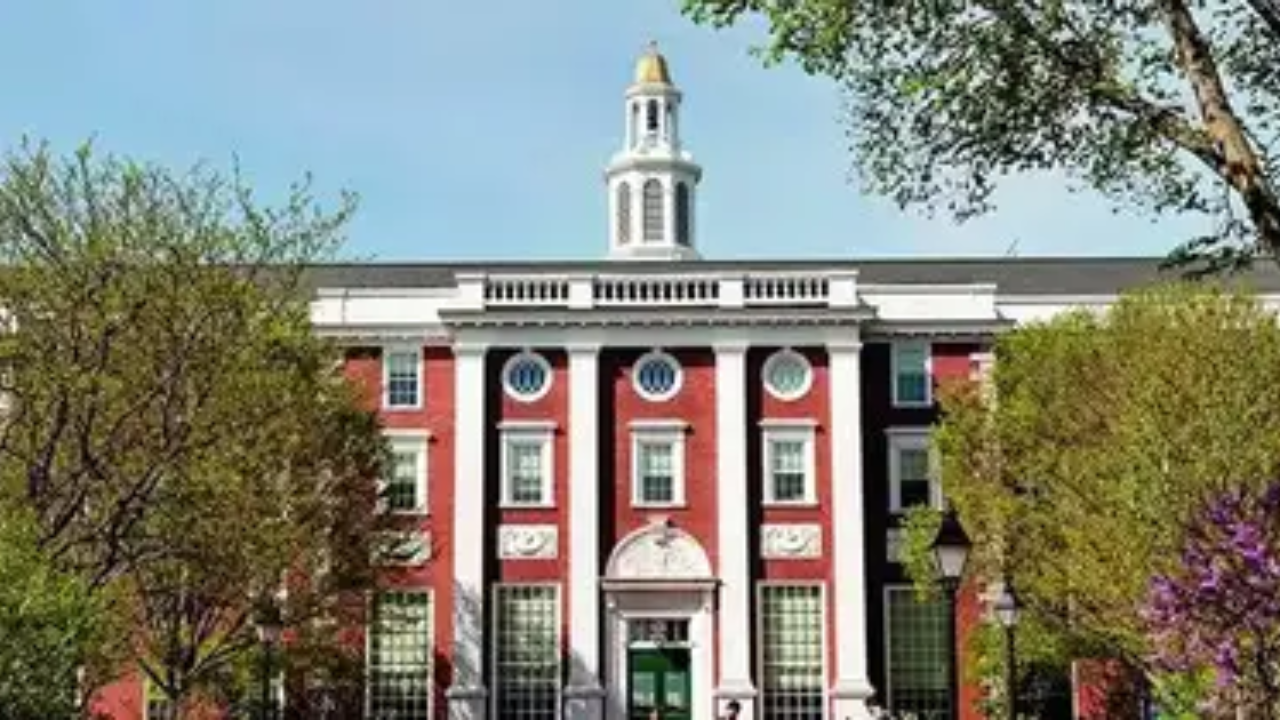The Trump administration has taken a sharp step against Harvard University by announcing plans to cancel all remaining federal contracts with the Ivy League institution, amounting to roughly $100 million. This aggressive move deepens the conflict between the federal government and Harvard, which has already seen significant funding cuts and other federal actions targeting the university.
Federal Contract Cancellation Directive
In a letter issued by the U.S. General Services Administration (GSA), federal agencies were instructed to review their contracts with Harvard and terminate those that are deemed non-essential. Agencies have been directed to seek alternative vendors to replace Harvard where possible. This directive signals a firm stance by the administration to limit Harvard’s federal funding streams beyond prior cuts.
The GSA, which manages federal contracts and procurement, plays a key role in enforcing this policy change. More information on the GSA’s role and federal contracting policies can be found at General Services Administration.
Background: Earlier Federal Funding Freezes and Policy Actions
This latest contract cancellation follows a series of earlier punitive measures against Harvard. Over $2.6 billion in federal research grants to the university were previously frozen, significantly impacting its research capabilities.
In addition, the Department of Homeland Security (DHS) revoked Harvard’s certification to enroll international students. This move affects Harvard’s ability to maintain a diverse student body, especially among international applicants, and underscores the administration’s scrutiny of the university’s admissions and campus policies.
Reasons Behind the Crackdown
The administration’s actions against Harvard are reportedly rooted in concerns over several issues, including alleged mishandling of antisemitism on campus, accusations of race-based admissions practices, and broader complaints about a lack of viewpoint diversity.
Officials have expressed frustration with what they perceive as the university’s failure to address these matters adequately. Harvard, on the other hand, has maintained that its policies promote inclusiveness and academic freedom.
Harvard’s Response and Legal Challenges
Harvard University’s leadership, including President Alan Garber, has strongly criticized the administration’s decisions. They argue that these actions represent political overreach that threatens the independence and autonomy of higher education institutions.
In response, Harvard has filed lawsuits challenging the federal government’s funding freezes and the revocation of its international student certification. These legal actions seek to reverse the funding cuts and restore Harvard’s status.
The ongoing legal battle has attracted national attention, with many universities and academic organizations expressing concern over the precedent such federal intervention could set for academic freedom and institutional governance.
Broader Implications for Higher Education
The federal government’s targeting of Harvard has raised alarms throughout the academic community. Experts warn that cutting off substantial federal funding to a leading university could disrupt research, academic programs, and student opportunities nationwide.
The implications extend beyond Harvard, potentially influencing how federal agencies engage with other universities and research institutions.


